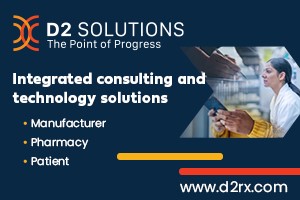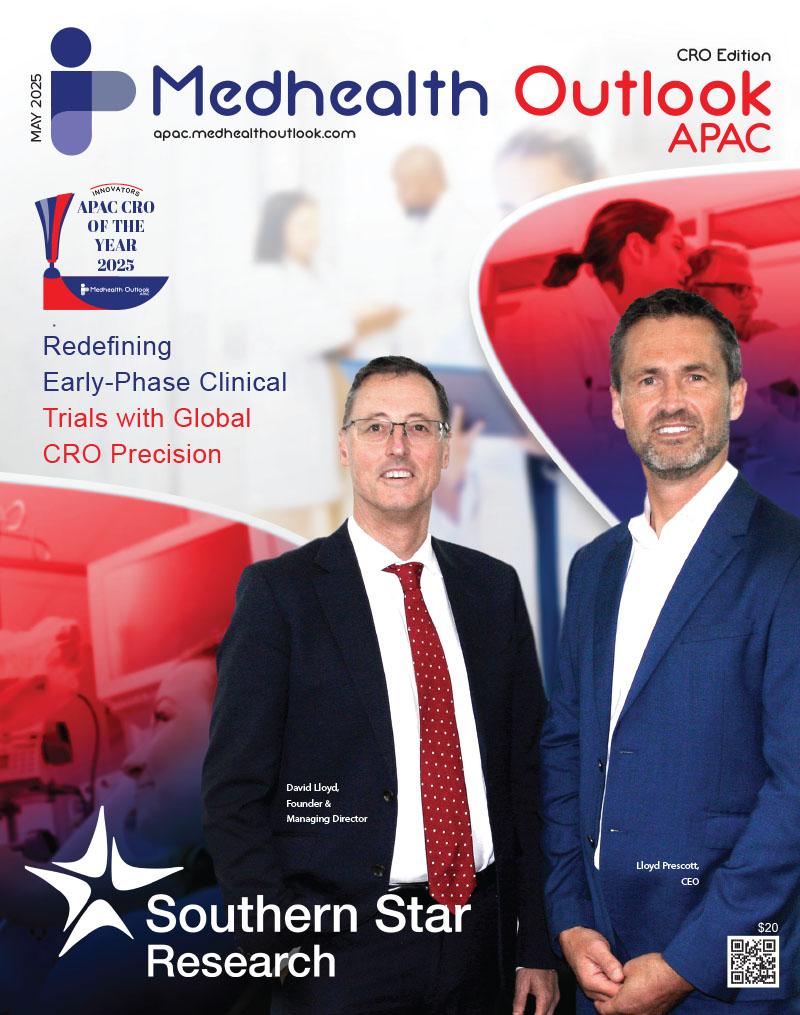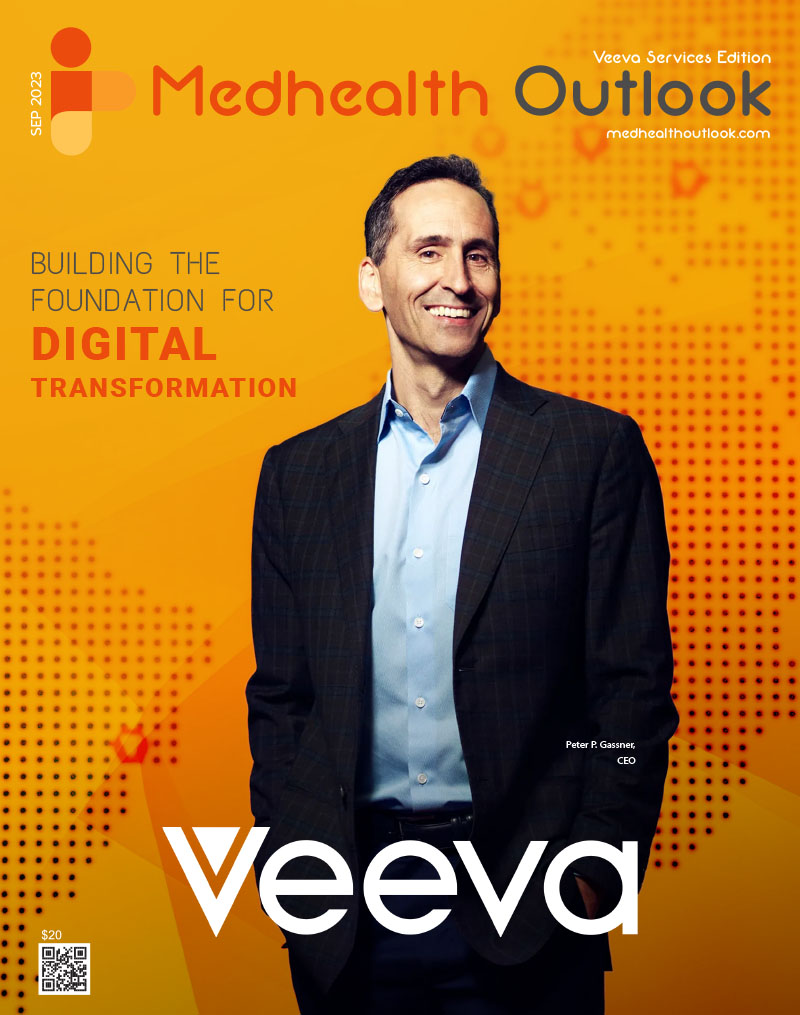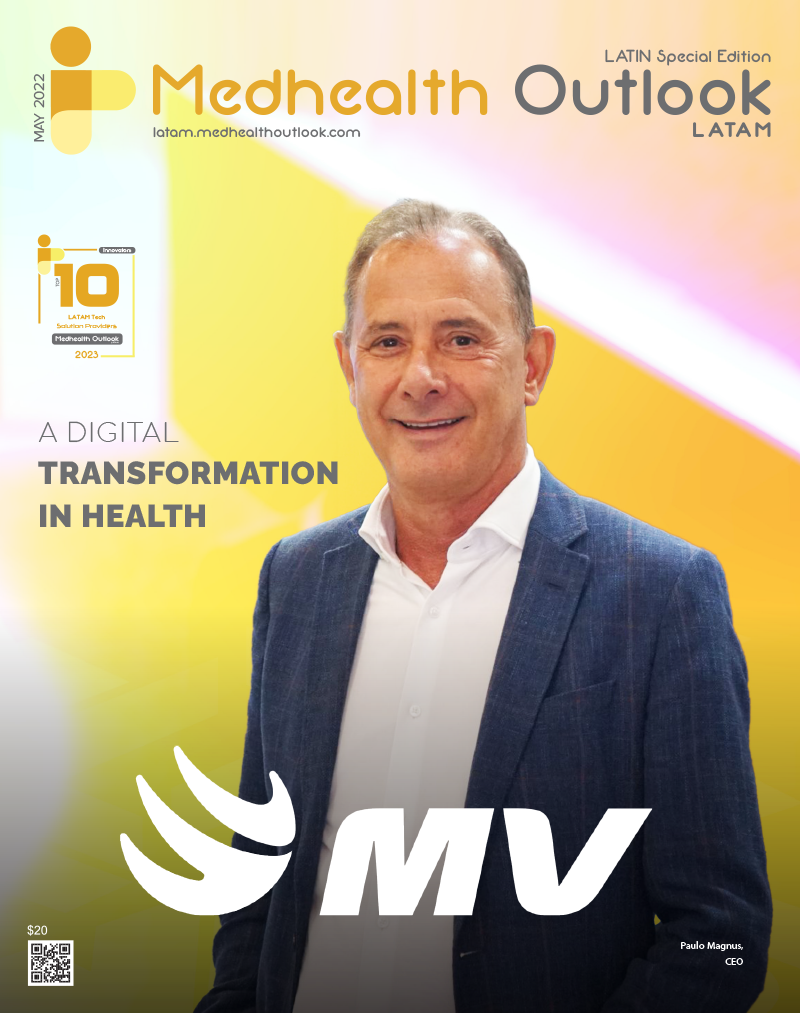In today’s ever-evolving healthcare landscape and emerging technologies, the potential of artificial intelligence (AI) to revolutionize population health management cannot be overstated. As healthcare executives and leaders, it is crucial to understand the transformative power of AI, even if you are not deeply familiar with the technical intricacies. AI represents a groundbreaking approach that leverages advanced algorithms and data analytics to extract valuable insights, predict health outcomes, and optimize interventions. In this article, I will provide an accessible introduction to AI and its applications in population health management, highlighting the significant opportunities it offers for improving healthcare outcomes on a large scale.
First, we need to understand Artificial Intelligence (AI): AI refers to the development of computer systems that can perform tasks typically requiring human intelligence. These systems are designed to analyze vast amounts of data, identify patterns, and make predictions or decisions based on that information. AI technologies include machine learning, which enables computers to learn from data and improve their performance over time, and deep learning, which mimics the workings of the human brain through artificial neural networks. By employing these AI techniques, we can uncover hidden insights from complex data sets, enabling us to make informed decisions and take proactive measures to enhance population health.
Because AI is based on Natural Language Processing (NLP) for Data Extraction, AI-powered NLP techniques enable the extraction and analysis of valuable information even from unstructured clinical notes, research papers, and other textual data. This capability enhances data mining efforts, facilitates research, and contributes to evidence-based decision-making in population health management.
The Power of AI has the potential to revolutionize population health management by enabling us to make sense of large volumes of health-related data such as electronic health records, insurance claims, remote device data, public health, and social determinants of health. AI algorithms can analyze this diverse data, identify correlations, and reveal patterns that were previously difficult to detect. By doing so, AI can help us predict health outcomes, stratify risk levels, and identify individuals or communities that may benefit from targeted interventions or preventive measures.
One of the most significant advantages of AI in population health management is its ability to predict health outcomes and tailor interventions to individual needs. AI algorithms can analyze historical data and identify factors that contribute to specific health conditions. By applying these insights to real-time data, AI can generate personalized risk assessments, enabling healthcare providers to offer targeted interventions and optimize care plans. This approach has the potential to prevent disease progression, reduce healthcare costs, and improve patient outcomes by delivering individualized care that aligns with each person’s unique health profile.
Through AI, population health management can optimize resource allocation and interventions, resulting in better health outcomes across communities. By analyzing population data, AI algorithms can identify high-risk groups and allocate resources accordingly. This allows healthcare organizations to proactively address the needs of vulnerable populations, deploy preventive measures efficiently, and reduce disparities in healthcare access and outcomes. Moreover, AI can assist in designing and implementing targeted interventions, such as health education campaigns, behavior change programs, and screening initiatives, that are tailored to specific population segments.
One of the remarkable features of AI that I appreciate as an educator and administrator is its ability to continuously learn and adapt to new information. As more data becomes available, AI models can refine their predictions and recommendations, ensuring that population health strategies remain up-to-date and effective. Continuous learning enables healthcare organizations to respond promptly to emerging health challenges, adjust interventions based on evolving trends, and improve the quality and efficiency of care delivery.
However, while embracing the potential of AI, it is essential to prioritize ethical considerations and protect individuals’ privacy and providers’ intellectual property. Healthcare organizations must comply with regulations such as HIPAA and implement robust data governance practices within the AI models to assure compliance. By employing anonymization techniques and ensuring transparency in AI algorithms, we can strike a balance between utilizing data for insights and preserving the privacy and confidentiality of personal health information. But early intervention will require all stakeholders to buy into the process. Upholding strong ethical standards is paramount to establishing trust among patients, providers, and the broader community.
The successful implementation of AI in population health management requires collaboration among healthcare professionals, policymakers, researchers, and technology experts. By fostering interdisciplinary collaboration, healthcare organizations can combine domain expertise with AI capabilities to design and implement effective population health strategies. Engaging stakeholders throughout the process ensures that AI solutions are aligned with organizational goals, address specific population health needs, and are integrated seamlessly into existing healthcare workflows.
Artificial intelligence represents a transformative force in population health management, offering immense potential to improve healthcare outcomes for individuals and communities. Through advanced algorithms and data analytics, AI enables us to leverage the power of data, predict health outcomes, and deliver personalized interventions. By optimizing resource allocation, enhancing decision-making, and continuously learning from data, AI empowers us to create a future where population health is proactively managed, leading to better health outcomes and a more equitable healthcare system. As healthcare executives, embracing AI and its potential is essential for driving innovation, improving population health, and ensuring a brighter future for healthcare delivery.












